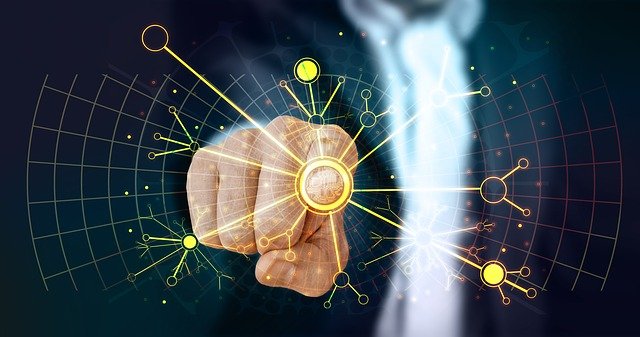What is the role of artificial intelligence in healthcare?
The capacity and role of AI in public life is something that has long been imagined in popular culture. Books and films document the likelihood of robots gaining too much conscience and rapidly taking over the world. The average citizen’s lack of knowledge about the potential powers from such objects is precisely what fuels the excitement, tension, and awe. While we are amazed at such advancements in technology, we are also terrified.
Part of this fear stems from concerns about access. All countries are naturally trying to scientifically develop AI to benefit their populations. They want to access and use the most advanced technology. In the hands of a liberal democracy, such scientific usage seems malign and harmless. In the hands of a dictator, our view would be quite different.
Fear then should be related to who has control over the AI, not the technology itself. Indeed, fear of technology has now proven to be both completely irrational and also counterproductive. AI has been recently involved in helping to save lives. For example, the healthcare industry has widely use AI as part of its patient care. This can include improving diagnosis of diseases, helping to recommend treatment, and using the full range of their potential.
An argument often made against AI is the job losses it will cause. From the supermarket checkout to the driverless car, by giving tasks to robots, a job is taken away from humans. Firstly, this is bizarre. Throughout history, labour-saving devices like the washing machine have been invented to allow humans more time elsewhere, rather than physically having to wash clothes. It’s important to recognise that such technology is not a replacement, but an extension of human labour.
By AI taking on some responsibilities, the human experts have more bandwidth to engage in their area of expertise. Another worry many have about AI is the loss of humanity when making decisions. Humans have emotions and are the only individuals who can clearly, legitimately and autonomously make a decision about how society should be governed.
Again, there is minimal need for concern. AI is often able to provide a useful corrective to risk by providing more security to humans. The use of computers to analyse data and synthesis it in an effective manner remains remarkable and mind-blowing for understanding human societies and allowing development to properly take place.
One aspect where AI could be useful, according to Health Tech magazine, is in regards to streamlining electronic health record issues. The magazine reports that 60 million such queries occur each month, with the volume of data impossible to access. 23,000 people would need to be employed to simply examine patient data, all day, every day. Naturally, the chance for human error and breach of confidentiality is far higher. AI wouldn’t remove these risks, but it would most certainly reduce them.
With new situations comes the need for health organisations to adapt. The growth of new technology, both in and outside of health, has provided more chances for medical workers and allowed individuals to get the medical attention they need. Although scrutiny of robots is important, it is vital that a desire for nostalgia and regression doesn’t stop people from receiving the treatment they deserve. That truly would be fatal and actively prevent needed change from taking place.
Just as human activity is regulated, so the same must be true for AI. Technology itself is morally neutral. What matters is the intended purpose for which the technology is to be used. In democracy, there are numerous checks and balances to ensure no individuals are able to gain too much control and have restraints on what power they can wield. The same must be the case for the technology.
Whatever robots are able to do, their actions and capabilities are fundamentally based on human decision. To see AI as an autonomous right in itself would be to deny the importance of human agency and what governments aim to achieve. Scrutiny is where AI understanding is most important to ensure both individuals are comfortable and necessary development can occur. That is the pathway not to utopia, but certainly one to a better society.

Comments